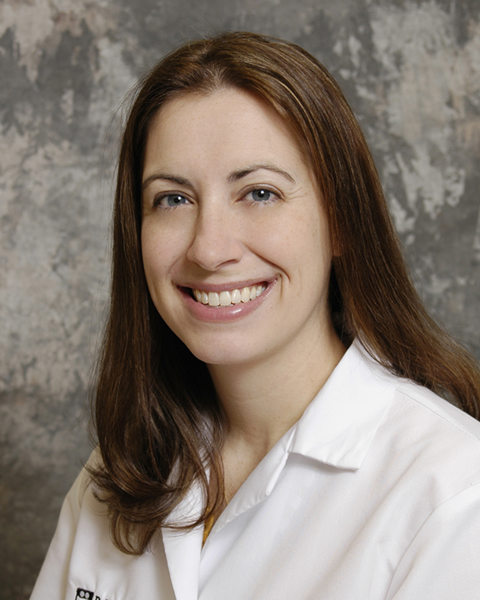What is Hand, Foot and Mouth Disease?

Since the new school year began, there have been many students absent due to hand, foot and mouth disease (HFMD) -- a common viral infection that typically affects children.
“This is a highly contagious virus that spreads through contact with an infected persons nose throat and blister fluids as well as feces,” said Karrie L. Kiskaddon, MD, a board-certified family medicine physician with Penn Highlands Family Medicine. “Hugging, touching contaminated surfaces and sharing beverages and eating utensils can also spread the virus.”
What are the symptoms?
According to the Centers for Disease Control and Prevention (CDC), most children have mild symptoms for seven to 10 days. Symptoms may include:
- Fever
- Sore throat
- Painful blisters or ulcers in the mouth as well as on the hands and feet
Complications from this illness are rare.
Who is at risk?
HFMD is most common in infants and children younger than 5 years old.
Adults can develop HFMD, but it is more prevalent in children. The CDC encourages pregnant women who may have been exposed to contact their physician.
How can HFMD be prevented?
There is no vaccine in the United States to protect against the viruses that cause HFMD. There are steps to help prevent catching or spreading the illness including:
- Wash your hands often with soap and water for at least 20 seconds, especially after changing diapers, using the toilet and coughing, sneezing or blowing your nose.
- Help infected children wash their hands and keep blisters clean.
- Avoid touching your face with unwashed hands, especially your eyes, nose, and mouth.
- Clean and disinfect frequently touched surfaces and shared items, including toys and doorknobs.
- Avoid close contact with an infected person, such as hugging or kissing them.
What is the treatment?
The pain caused by mouth sores and fever can be relieved with over-the-counter medications. Children should never be given aspirin.
While the mouth sores can make swallowing painful encourage the consumption of liquids to avoid dehydration.
When to return to school?
With mild cases of HFMD, children can return to school and daycare once they are free of fever and have not uncontrolled drooling with mouth sores. Talk with your child’s healthcare provider if you are still not sure when it is okay for them to return.
Penn Highlands Healthcare offers primary care providers for the whole family to health prevent, diagnose and treat common illness and conditions such as hand, foot and mouth disease. Primary care providers include internal medicine, family medicine and pediatric practices to cover all ages of life. To find a provider near you, visit phhealthcare.org/findadoc.

